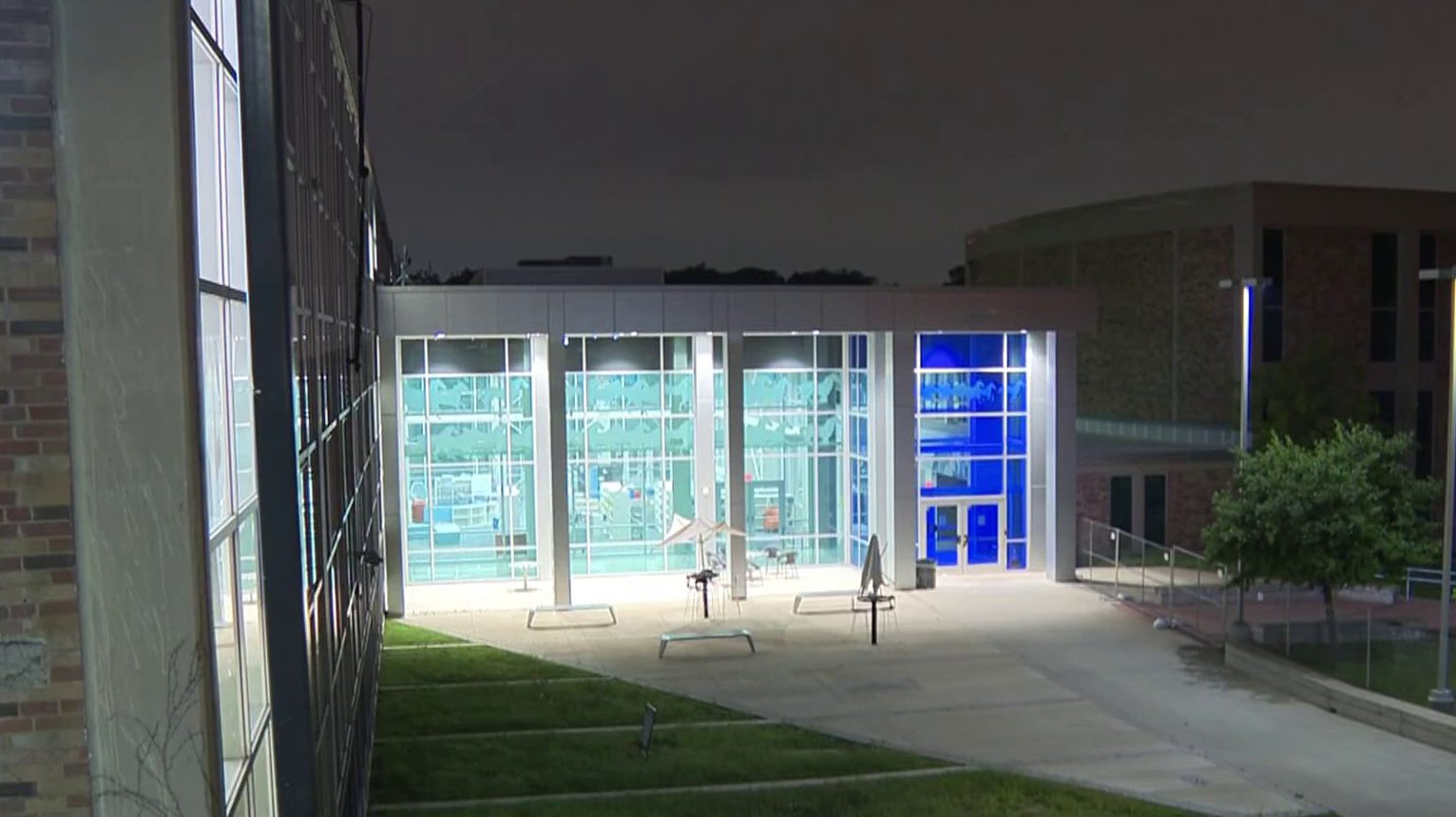Almost one out of 100 babies are born with a heart defect each year in the United States. Many of these babies will need surgery within weeks of birth, followed by more surgeries throughout their lives. Now, doctors are turning to stem cells to give big hope for little hearts.
“Hypoplastic left heart syndrome is a complex congenital heart disease. It is where the left ventricle does not develop,” Sunjay Kaushal, MD, Ph.D., Chief of Pediatric Cardiac Surgery at Lurie Children’s Hospital in Chicago, explained.

Those newborns depend solely on their right ventricles to pump blood throughout their bodies.
Get DFW local news, weather forecasts and entertainment stories to your inbox. Sign up for NBC DFW newsletters.
Kaushal emphasizes, “These babies need surgical intervention in the first weeks of life.”
Between 15% and 20% of those babies will not live to see their first birthday. For the little ones who do, medications and implanted devices can help, but ultimately, those children will need a heart transplant to survive.
“That right ventricle becomes tired. It doesn't pump blood efficiently,” Kaushal further explains.
Local
The latest news from around North Texas.
Pediatric cardiac surgeons at Lurie Children’s Hospital are injecting stem cells directly into the heart to revitalize the worn-out right ventricle.
“We're trying to see if we can actually put stem cells in there in order to remodel, rejuvenate that right ventricle in order to pump blood more efficiently for that baby,” Kaushal said.
In the long run, stem cell therapy could possibly prevent those children from needing a heart transplant at all.
Kaushal added, “I think that these studies could be game-changing for our babies.”
They said 38 patients will be enrolled at seven clinical sites across the United States for a phase two clinical trial this year. Researchers hope that eventually, the stem cell injections will not have to be given as an injection into the heart, but as an intravenous injection like other medicine.



